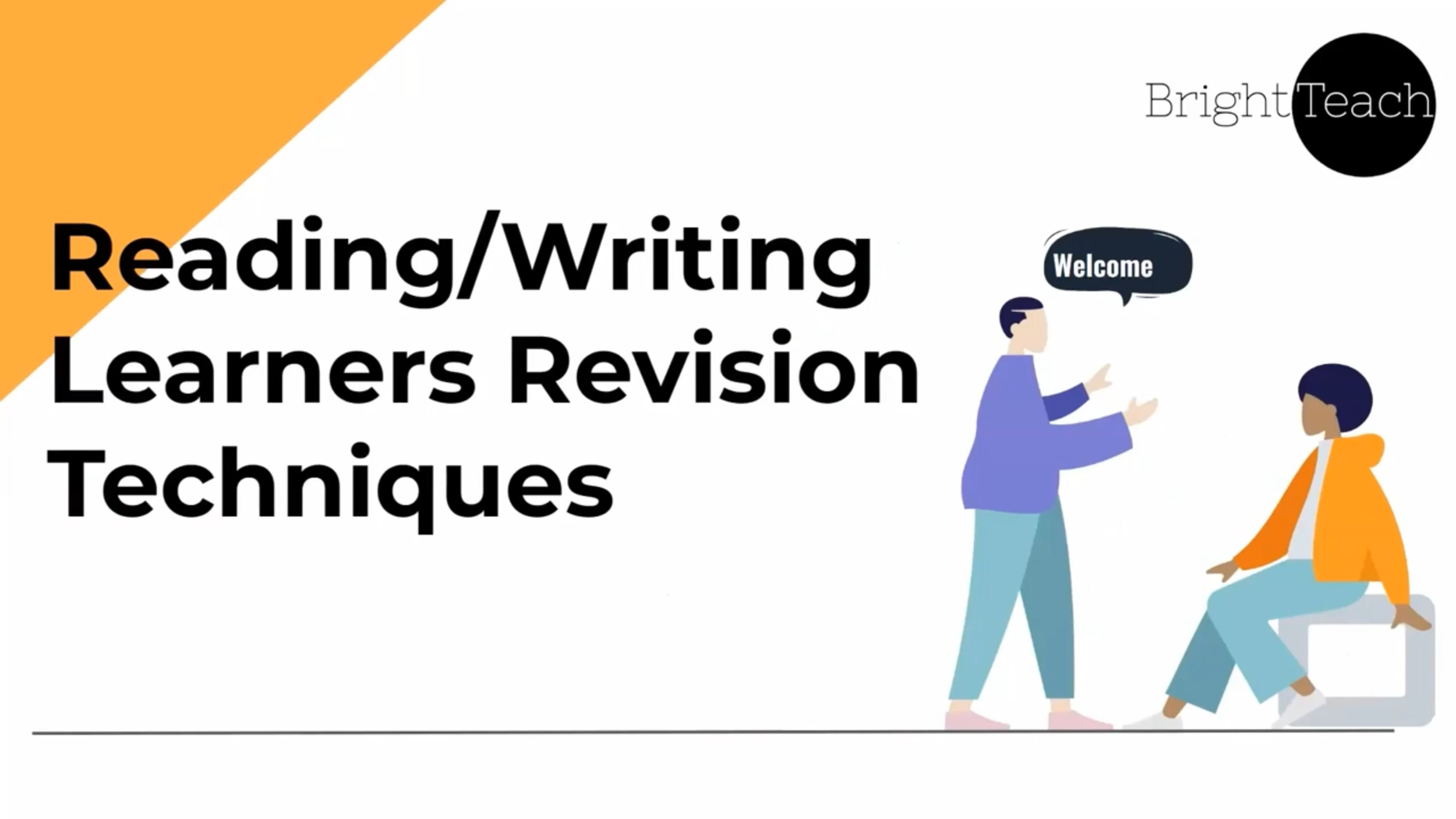
You are a Reading and Writing Learner
Reading and Writing Learner
Reading/writing learners learn best through reading and writing, and they tend to be most successful when they can process information through these methods.
This learner may have difficulty learning methods that rely on visual or auditory inputs, such as lectures or video presentations, and may prefer to process information through reading and writing.
Your learning style data
-
You have a preference for written materials and written instructions
An inclination towards reading and writing as a means of learning and processing information
An ability to remember information better when it is written down or when they have the opportunity to take notes
A tendency to excel in activities that involve reading and writing, such as research projects or essay writing
An inclination towards independent learning and self-study
-
Provide written materials.
Allow for note-taking.
Incorporate reading and writing activities: Including activities that involve reading and writing, such as research projects or essay writing
Encourage self-study: Reading/writing learners may benefit from independent learning and self-study, so providing resources and time for them to explore topics on their own can be helpful.
-
Take notes: Taking notes during lectures or while reading can help reinforce understanding and aid in retention.
Write summaries.
Use flashcards: Flashcards can be a useful tool for reviewing and reinforcing information.
Highlight or underline key points.
Create study guides.
Use mnemonic devices: Mnemonic devices, such as acronyms or rhymes, can be helpful for reading/writing learners in remembering information.
Practice recalling information: Testing oneself on the material being studied can be a helpful way to reinforce understanding and retention.
-
Reading/writing learners may struggle in learning environments that rely heavily on visual or auditory input, such as lectures or video presentations, as they may have difficulty processing and retaining information through these methods. They may also struggle with hands-on, experiential learning activities that do not involve reading or writing, as these methods may not be as effective for them.
Additionally, reading/writing learners may struggle with time management and organization if they do not have a clear plan for how to approach their studies. They may also struggle with staying motivated if they do not have a clear understanding of the goals and objectives of their studies or if the material being studied does not interest them.
The more you know about yourself, the more effective you will be when you study

Help boost your child’s GCSE grade by 2 in just 3 months
There’s no time like the present to get ahead of your studies! Book a FREE Study Success Consultation today

